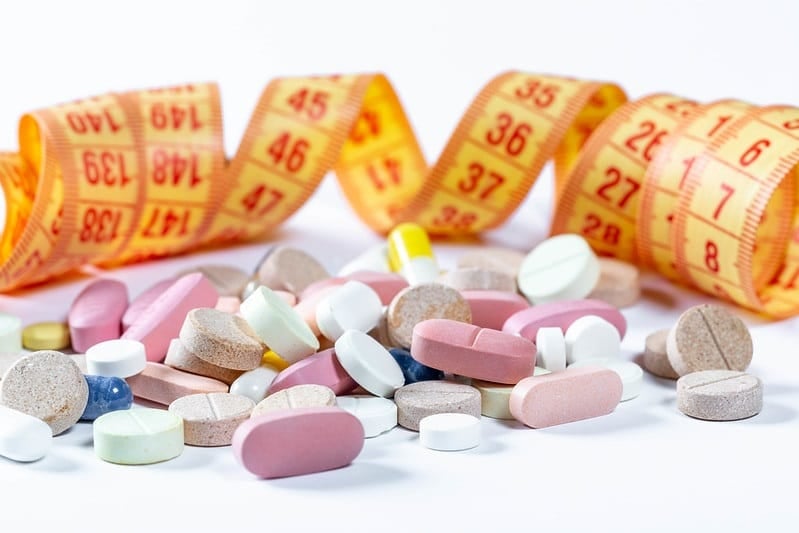

The first head-to-head trial of Mounjaro and Wegovy, the weight-loss drugs, funded by Eli Lilly, the maker of Mounjaro, has compared the effectiveness of the two leading drugs in a group of 750 obese participants.
With an average starting weight of 113kg (nearly 18 stone), participants were assigned the highest tolerable dose of either Mounjaro or Wegovy.
The results, unveiled at the European Congress on Obesity in Málaga and published in the New England Journal of Medicine, offer fresh insight into how these medications stack up against each other in the battle against obesity.
Overall, the results show that Mounjaro is more effective than rival Wegovy.
Both drugs led to substantial weight loss, but Mounjaro’s 20 percent weight reduction, after 72 weeks of treatment, exceeded the 14 percent from Wegovy, according to the trial’s findings.
Researchers who led the trial said both drugs had a role, but Mounjaro may help those with the most weight to lose.
Both drugs trick the brain into making you feel full so you eat less and instead burn fat stored in the body, but subtle differences in how they work explain the difference in effectiveness.
Wegovy, also known as semaglutide, mimics a hormone released by the body after a meal to flip one appetite switch in the brain. Mounjaro, or tirzepatide, flips two.
The findings showed:
Dr Louis Aronne, who conducted the trial at the Comprehensive Weight Control Center at Weill Cornell Medicine in New York, said: “The majority of people with obesity will do just fine with semaglatide (Wegovy), those at the higher end may ultimately do better with tirzepatide (Mounjaro).”
A huge amount of research into weight-loss drugs is still taking place. Higher doses of current drugs are being tested, as are new ways of taking them such as oral pills, and new medicines that act on the body in different ways are being investigated.
It means the final winner in this field is yet to be determined.
The weight-loss drug market is expanding rapidly. Morgan Stanley projects that global sales of obesity medications could reach $105 billion by 2030, up from $6 billion in 2023. Some analysts even estimate the market could grow to as much as $144 billion, driven by increasing demand and broader applications of these drugs.
Related: Landmark Study Finds Wegovy, Ozempic Effectively Treat Serious Liver Disease
